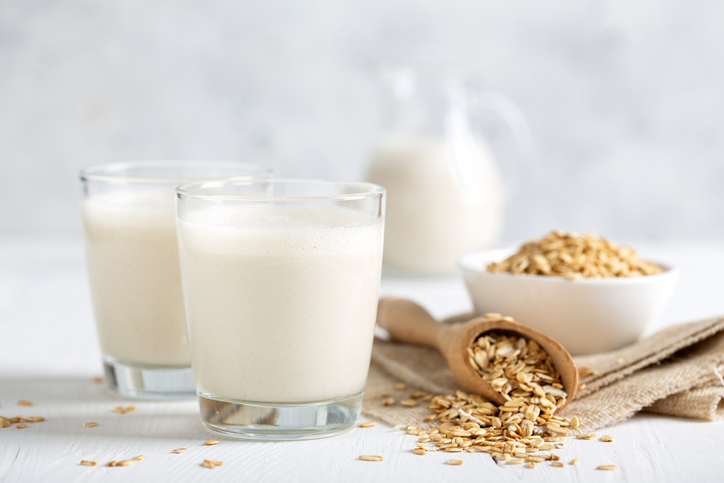Research from this year’s SFA’s State of the Specialty Food Industry 2023-24 report shows that plant-based foods are no longer growing like Jack’s magic beanstalk.
Instead, certain branches and offshoots, such as plant-based yogurt alternatives and non-dairy creamers, are thriving, while others, such as highly processed meat alternatives and plant-based ice cream, have begun to wilt.
“It’s clear that the segment is approaching a ceiling, at least for the time being, evident from diminishing year-over-year sales growth that has under-performed the entire specialty retail market,” the report concludes.
Specialty plant-based sales totaled $6.8 billion in 2022, which was up six percent over 2021 sales but below the growth pace of the specialty food market overall, which grew at a rate of 8.8 percent. Sales of specialty plant-based foods also underperformed the specialty food market overall in 2021.
The plant-based meat alternative category, which garnered a lot of attention with the pre-pandemic introduction of burger analogs from Impossible Foods and Beyond Meat, appears to be in the midst of a reset, the report found. Sales of refrigerated plant-based meat alternatives were down 26.4 percent over the last two years, for example, and frozen versions inched up by only 1.5 percent in that time.
“Our customers don’t want the junky plant-based meat alternatives,” said Brittany Hartwell, store director at Palace Market in West Marin, California, in a video interview in the report. “They went really hard and strong for about a year, and first slowly started dipping, and now they have completely tanked.”
She said that as word spread on social media and elsewhere that many plant-based foods incorporated a lot of fillers and non-GMO ingredients, consumers shifted away from those foods.
“The typical person who is eating plant-based products is doing it for their health and the environment, and those plant-based products were not offering that,” said Hartwell.
She said consumers have been gravitating instead toward some fermentation-based and mushroom-based meat alternatives, as well as one of the original plant-based meat alternatives, black bean burgers. The SFA report cited precision fermentation and fungi/mycelium products such as Meati, Nature’s Fynd, and MyForest as potential sources for growth in the category going forward.
Jamie Nessel, director of product and purchasing at the Bi-Rite Family of Businesses, San Francisco, agreed that plant-based meats have not lived up to the early hype.
“We haven’t seen the ‘promised land’ that plant-based was supposed to be,” she said.
Nessel said Bi-Rite customers gravitate to the stores’ farm-fresh produce instead, which offers more natural alternatives to factory-made plant-based foods.
The jury is still out on whether precision fermenting will yield products that help drive sales in the category, she said.
“We don’t know if that is going to be that impactful for our customer base,” said Nessel. “I don’t know that that’s why they are coming to a Bi-Rite.”
Plant-based frozen desserts also saw sales decline fairly consistently in the last two years and were down 10 percent from 2020 to 2022, according to the SFA report, which said that category could also be in the midst of a reset among ongoing competition and innovation. Plant-based ice cream was down 12 percent, and plant-based specialty cheeses have also seen their sales decline.
Other plant-based dairy alternatives have performed well, however, including plant-based yogurt and plant-based creamers, the latter of which saw sales surge about 67 percent since 2020, albeit off a small base. Plant-based milk remains the largest subcategory and represented 37 percent of all plant-based specialty retail sales in 2022.
Many industry observers remain positive on the potential growth of plant-based products going forward.
“It is absolutely going to continue to grow,” said Stephanie Lind, founder, Elohi Strategic Advisors. “I am absolutely a believer, full stop.”
She said consumers continue to shift away from meat consumption for multiple reasons — health and wellness, environmental concerns, and a growing interest in animal welfare — which bodes well for plant-based alternatives going forward.
Related: Panelists: Plant-Based Future Depends on Clear Messaging; Q&A: Plant-Based, Gluten-Free Certifications

